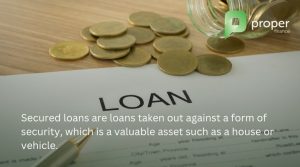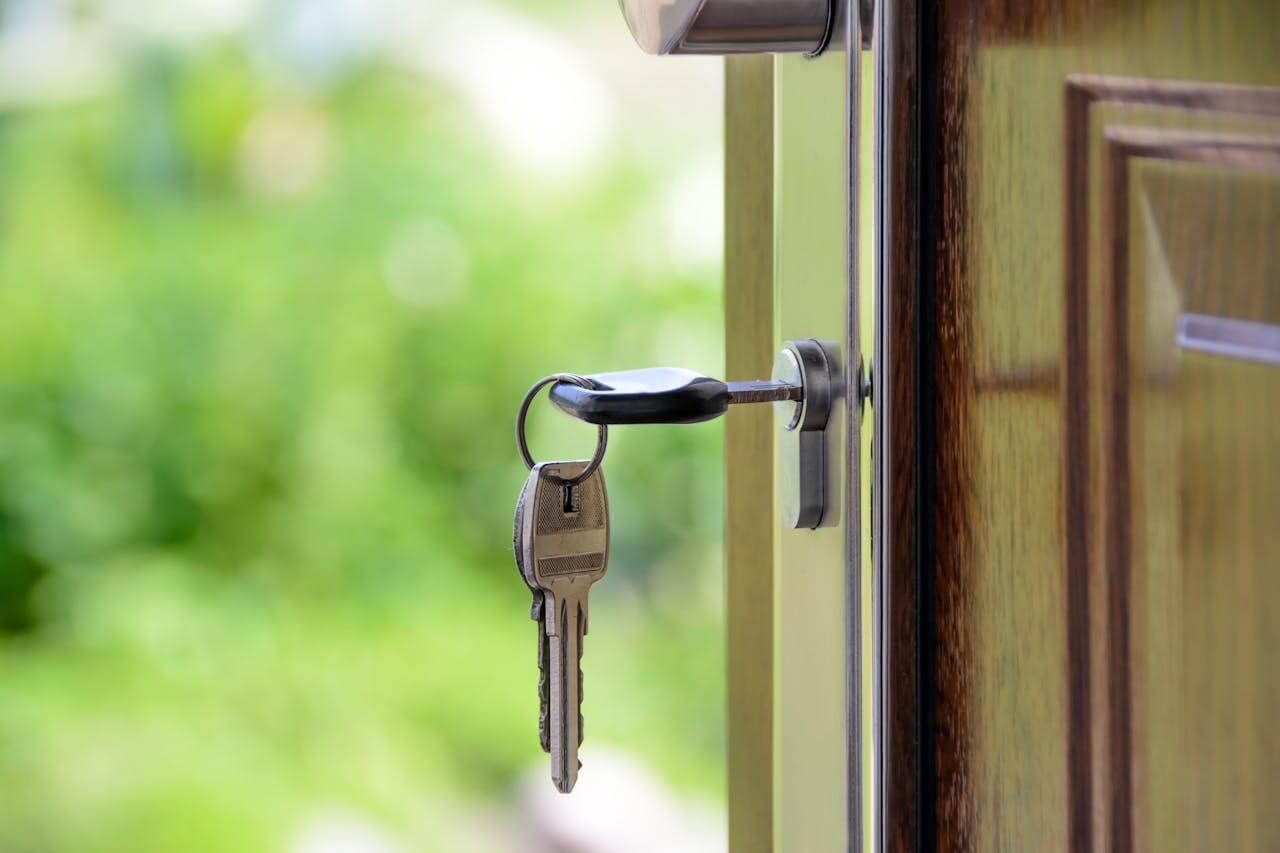
What is a Senior Stretch Loan?
A senior stretch loan can help you purchase a property …
If you cannot repay your secured loan, you risk a negative impact on your credit score, as well as late fees. In extreme situations, your property or car could be repossessed and you could be issued with a county court judgement (CCJ) by the lender. You will likely also struggle to get financing in the future, or may have to settle for options with extremely high interest.
People in the UK owed £1,846.5 billion at the end of August 2023. This is up by £35.1 billion from £1,811.4 billion at the end of August 2022, an extra £660 per UK adult over the year.
Security on a loan refers to the collateral that a borrower uses against the loan. This provides lenders some security if a borrower cannot pay back their loan. If a borrower fails to make their repayments, the lender can seize the security collateral and sell it to recover the outstanding amount.
Security for loans can include property (such as home or land), the seizing of which is called foreclosure. Another common security is vehicles, meaning a borrower’s car, truck, or van could be repossessed if they fail to make repayments.
Businesses sometimes take out secured loans on equipment or machinery, if these things were bought with the loan. Sometimes inventory or stocks and bonds are even used as security.

Secured loans are loans taken out against a form of security, which is a valuable asset such as a house or vehicle. At first, the borrower applies to borrow money, and the lender assesses the borrower’s creditworthiness, financial history, and ability to repay the loan.
If the borrower is approved for a secured loan, the lender may also perform an appraisal of the collateral to determine that it is of enough value to cover the loan amount. If this is approved, the terms are finalised – this includes interest rate, repayment schedule, and any fees associated with the loan.
The borrower is given the loan value and expected to repay it. This generally means monthly repayments of principal and interest. It will be specified in the loan terms.
As long as you keep up with the monthly repayments, you can continue to have control of your security collateral. In fact, your credit score will go up. This is because you are demonstrating yourself as a good, reliable borrower.
However, if you fail to make payments as agreed and you on the loan, the lender has the legal right to seize the collateral. This can have severe consequences, as you could lose your home, and your credit score will be impacted.
After seizing the collateral, the lender will generally sell it to recover the outstanding loan amount. The sale proceeds are used to cover the debt. If there is any surplus it is returned to the borrower. However, if the sale of the collateral does not cover the entire outstanding amount, the borrower may still be responsible for the remaining debt.
Generally secured loans are not written off, because they tend to be for large sums of money. Secured loans are a priority debt, meaning borrowers will face large consequences if they are unable to pay them back.
Your credit score will take a hit when you miss your secured loan repayments. Lenders are obliged to report any late or missed payments to CRAs (Credit Reference Agencies). This information will go on your file, which will affect your ability to take out loans in the future, as secured loans do usually run credit checks.
The amount of damage done to your credit score will depend on how long it takes you to get back on track. Although you can rebuild your credit score or use bad credit loans, it is always best to avoid such damage, as it can mean that your next loan could come with unmanageable interest rates.
You should contact your lender as soon as possible if you cannot repay your secured loans. They will discuss an alternate repayment plan, in most cases, which will help to make your loan repayments more manageable.
If you are unhappy with how your lender treats you, you can complain to the Financial Ombudsman Service. You have rights as a borrower, and your lender needs to respond to you within eight weeks.

A senior stretch loan can help you purchase a property …

A mortgage offer officially lasts for 3-6 months depending on …

If you have purchased a car through a dealership using …